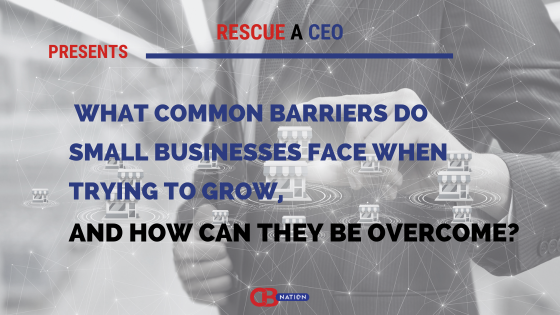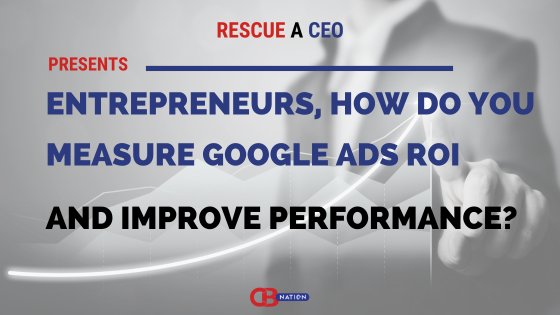This guest post is courtesy of Richard Weylman,
Weylman Consulting Group
—-
The power dynamic in business has shifted. Why? Because what you say about your business is vastly different than what your customers say about your business.
The Power of Why shows readers how to learn and speak from the customer’s perspective to build a business of distinction. I wrote this book because of a fundamental change in 21st-century business: the shift in power from seller to customer. The messaging of today's business owners, sales, and marketing professionals too often focuses on their own perspective—who they are, what they do, and how they do it. But those questions won't provide an answer to the buyer’s fundamental questions: Why should I do business with this company? Will it help me accomplish what I want?
Customers want a business that believes so strongly in what it provides that it’s willing to make a clear, buyer-centric promise of outcome—up front, unconditional, and unqualified. Customers no longer respond to old-school unique selling propositions. Instead, they look for (and respond to) companies and individuals that position and promote their unique value promises. Why? Because customers know the difference between a promise and a proposition. And so do you.
Follow the rules of engagement in The Power of Why to discover the real reasons why people buy from you, and to learn their lexicon. You will be able to craft your unique value promise and speak directly to the emotional and functional reasons why target consumers want to buy.
Examples of promises that work:
-
La-Z-Boy: “Live Life Comfortably”
-
Old Dominion Freight: “Helping You Keep Your Promises”
-
Target: “Expect More, Pay Less”
-
FedEx: “When You Absolutely, Positively Need It There Overnight”
A business that is customer-centric and delivers on a real promise of outcome consistently establishes an emotional bond with its customers. In turn, those customers drive even more customers to businesses through positive word of mouth—think Disney, Whole Foods, Victoria’s Secret, T.J.Maxx, and Ross. Make your promise part of your business and your professional DNA, and you will start operating with clarity of purpose: a marked change of pace from the confusion and chaos caused by working under merchandising pressure to make the bottom line.


















































 |
|
Comments 1